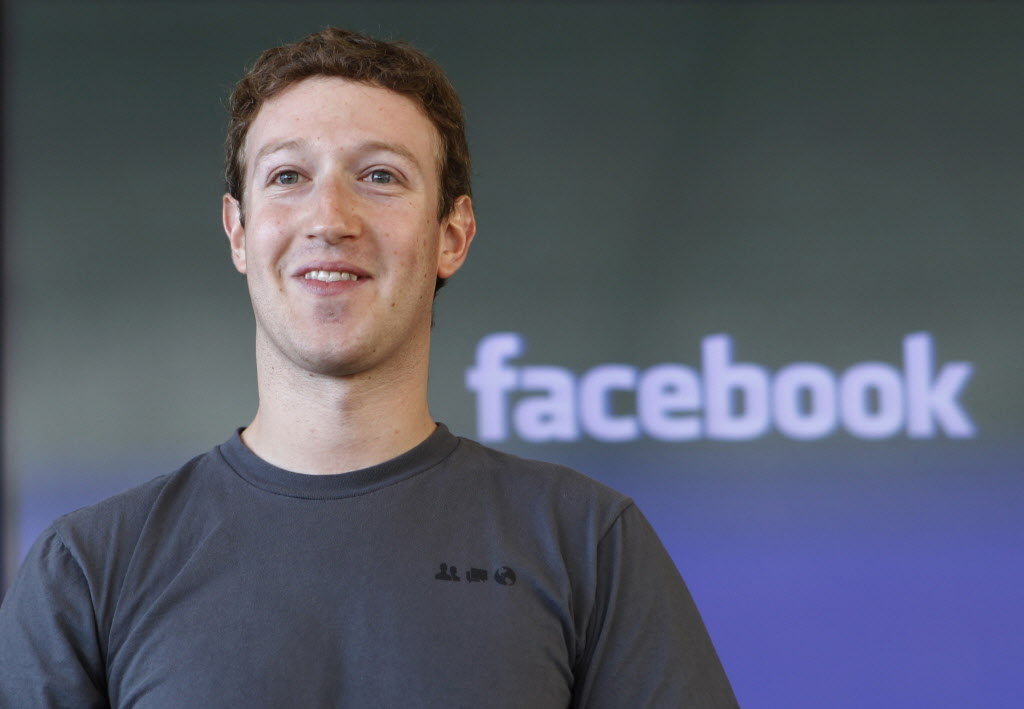Facebook CEO Mark Zuckerberg will be holding a town hall Q&A on 14 January at Bogota, Columbia. This will be Zuckerberg’s first international Q&A session and will be held to promote internet.org – a partnership between Facebook and six mobile phone companies (Samsung, Ericsson, MediaTek, Nokia, Qualcomm and Opera Software) to bring affordable internet access to everybody.
The CEO might reveal more details about the social-networking site, as an international product and about the improved video features at the Q&A session.

“I’ll be in Colombia for Internet.org, and I’m looking forward to doing our first ever international Q&A. These Q&As are an opportunity for you to ask me questions, and for me to hear from you how we can make Facebook better. This Q&A I’m looking forward to hearing from more people who use Facebook in Latin America,” said Zuckerberg via Facebook post on Friday.
Users interested in the Q&A have to go to Mark’s Q&A page on the social networking site and post questions in the comments section.
The previous two public sessions were held at Facebook’s Menlo Park, California headquarters. Questions from the last two Q&A sessions varied from why Mark wouldn’t build a dislike button on Facebook?, decrease in organic page reach, or the hilarious one’s like why Mark wore the same grey t-shirt every time?
Zuckerberg said he was not in favour of including dislike button on Facebook. He said: “Some people have asked for a dislike button before […] they want to be able to say that a thing isn’t good and that’s not something that we think is good for the world. So we’re not going to build that. I don’t think there needs to be a voting mechanism on Facebook whether posts are good or bad. I don’t think that’s socially very valuable or good for the community.”
He recently was in the midst of controversy for posting that some Pakistani extremist wanted him dead for not removing some hurtful content that offended him. A lot of users condemned his comment that how one person’s action cannot be blamed on the entire nation.